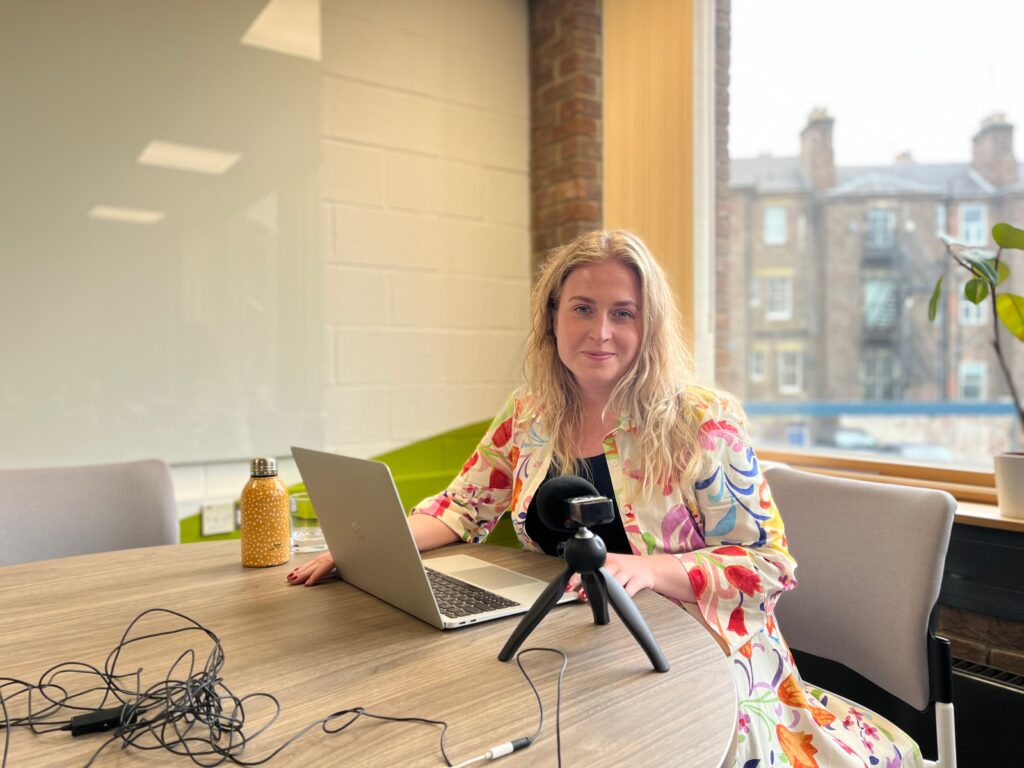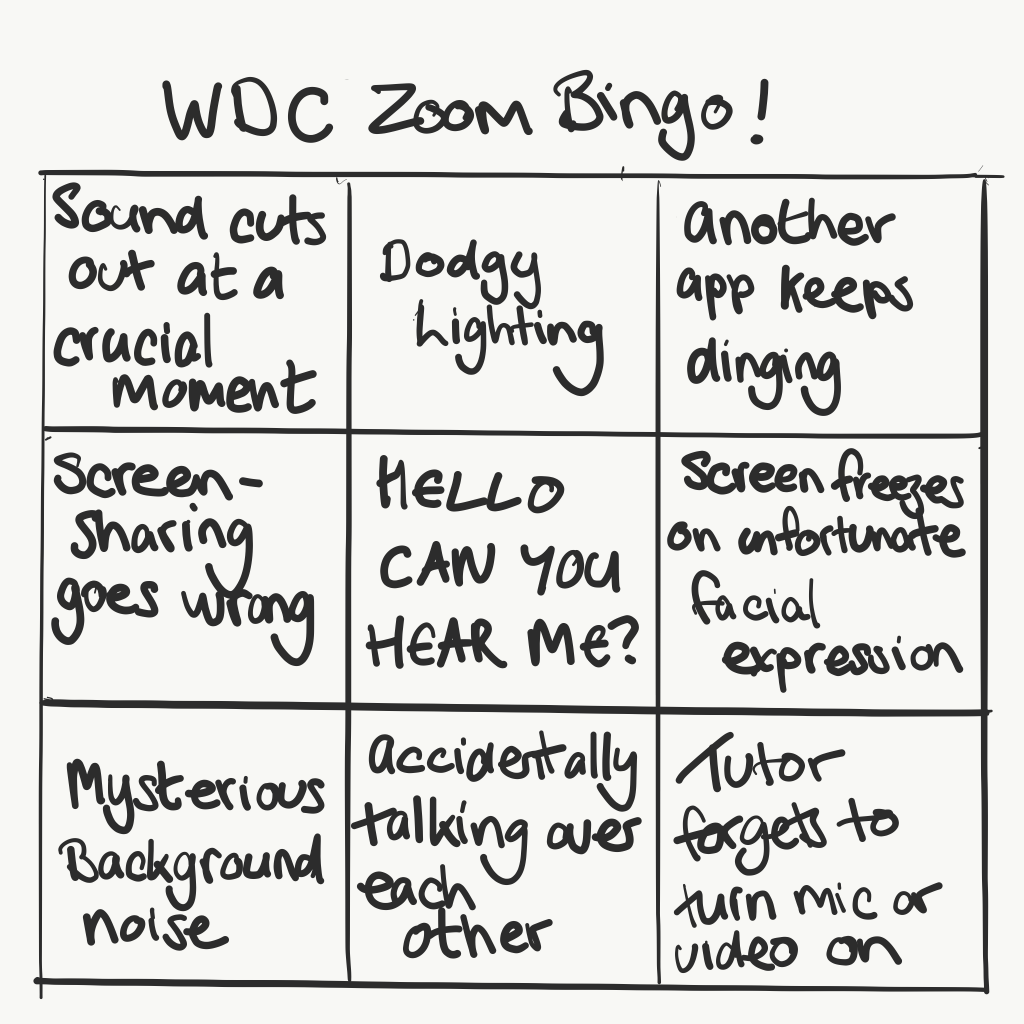Exam season is almost upon us and one challenge you may find yourself facing is revising for essay-based exams. These can cause a lot of anxiety, not least because essay-based assessments are often something we are used to doing over the course of several weeks. How do you plan, structure and write an essay in the space of a couple of hours? And how on earth do you revise when you don’t know what you’ll be asked?
Read on for our guide to effective revision and exam technique for essay-based exam questions:
What are essay exams testing?
Before you jump into your revision, it can be helpful to remember that essay exams are not just testing your memory. Instead, your lecturers are looking for evidence of how well you can apply the knowledge you have gained throughout the course to solve a problem or answer a question under timed conditions. Therefore, whilst memory is still important – you’ll need to be able to recall that knowledge in the exam – it’s only part of the story. You’ll also need to make sure you have an in-depth understanding of that knowledge and have practiced applying it to different questions, problems, and contexts.
How do I revise for essay exams?
You may be tempted to write a ‘generic’ essay on each of the topics you’re revising and memorise them so you can repeat them in the exam room. However, keep in mind that your lecturers are asking you to solve the specific problem they’ve set for you and simply ‘dumping’ everything that’s relevant won’t address the question and is unlikely to earn you good marks.
A more effective approach to revising for essay exams is incorporating strategies that develop your understanding of the topic so you can apply your knowledge to different problems effectively. Some revision strategies you might want to try for this are:
- Questioning and interrogating the knowledge: why does this happen? How does it happen? Does it always happen this way? Is this always true? What about if we apply it to a different context? What are the implications of this?
- Try applying the knowledge to case studies or different scenarios to get a better understanding of how theory works in practice.
- Look at past papers or devise your own questions and either answer them in full or sketch out an essay plan under timed conditions. This will help you to test your recall and practice skills you’ll be using in the exam.
- Compare and weigh up different approaches to the topic. Does everyone agree on this? Why? Why not? Which perspective is stronger?
- Identify gaps in your knowledge and do some additional reading to fill them.
What about strategies for the exam itself?
You might be used to spending hours or even days planning, writing, and editing a coursework essay and be wondering how on earth you do all of this under timed conditions. Keep in mind that your lecturers know that this is a big ask and they are not expecting the same level of sophistication in the way you construct your arguments that they would be looking for in a coursework essay. However, it’s still necessary that your lecturers can follow your answer and see clearly how it addresses the question so:
- Spend some time at the beginning paying attention to what the question is asking you. Our video on question analysis offers some strategies for understanding essay questions:
- Sketch out a basic structure to follow. This needn’t be more than the main points you want to argue and the order you want to argue them in.
- Clearly state your point or communicate your main focus at the beginning of each paragraph to help your reader get their bearings and follow your argument.
- If you find yourself running out of time, write down a few bullet points around your remaining points – you may still pick up a few extra marks for this!
Do I need to reference sources in an essay exam?
While you won’t be expected to reference others to the extent you do in a coursework essay, it’s worth incorporating a few references to back up your points and show how you worked out your answer.
Try to memorise a couple of key arguments and/or debates made by others for each topic as well as the authors’ surname(s) and the year of the article so that you can cite it in the exam. Don’t worry about the details – just one or two lines summarising their main argument is enough.
What about other types of exams?
Exams exist in various formats in addition to the traditional essay-based exam type. For example, your course may also have multiple choice papers, vivas/oral presentations or exams relating to specific processes, techniques and interactions. All types of exams test your ability to recall and apply your subject knowledge, so most advice on revision and exam technique is applicable to different exam types. Effective revision trains your brain both to retain and to retrieve information; a process that’s equally useful for all exam formats. However, different types of exams can also present different challenges, and transitioning from online to in-person exams is a key change for this year. For more details on this and other exam-related issues, see our ASK Exams Collection and our calendar for upcoming workshops on revision and exam preparation.








